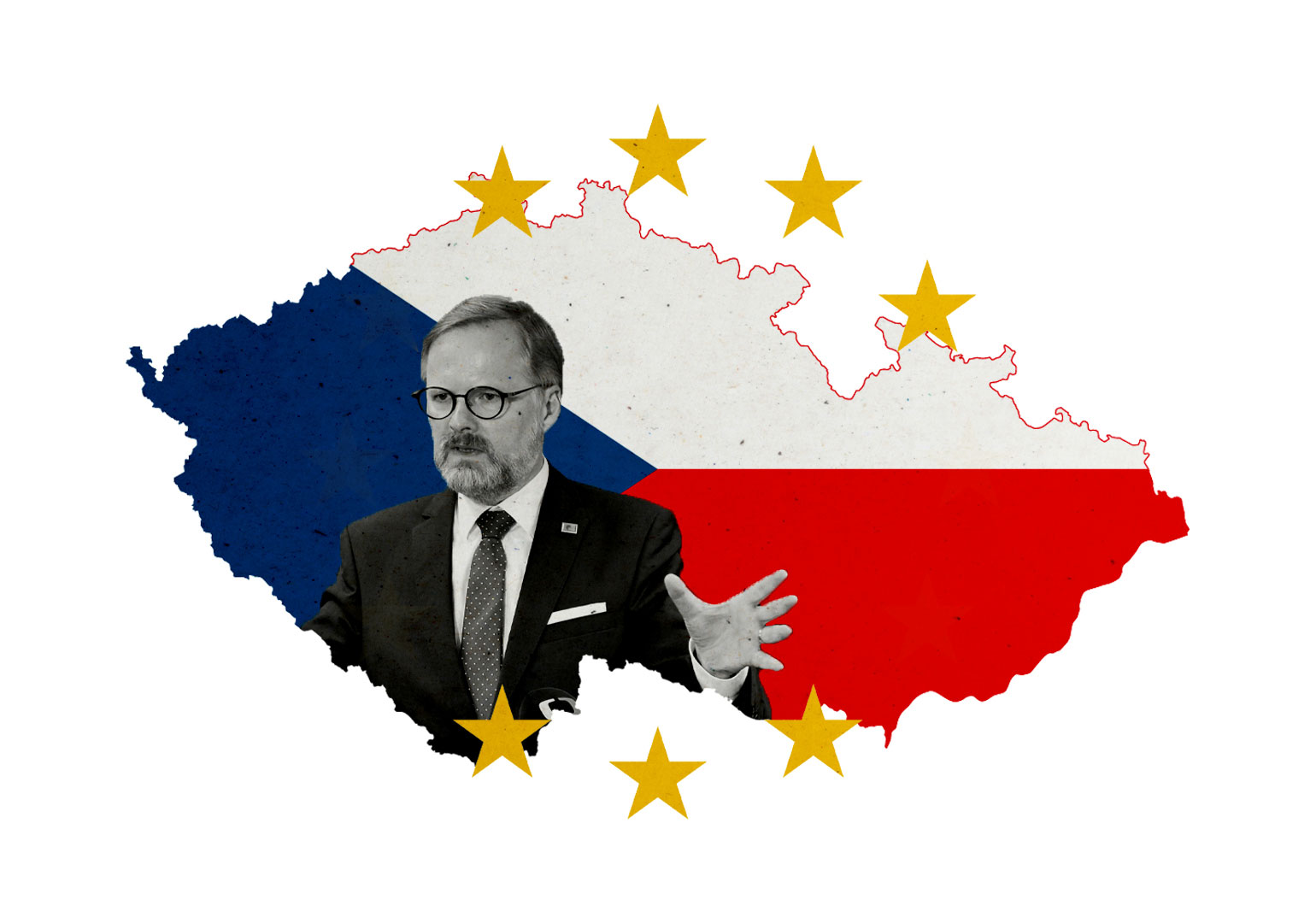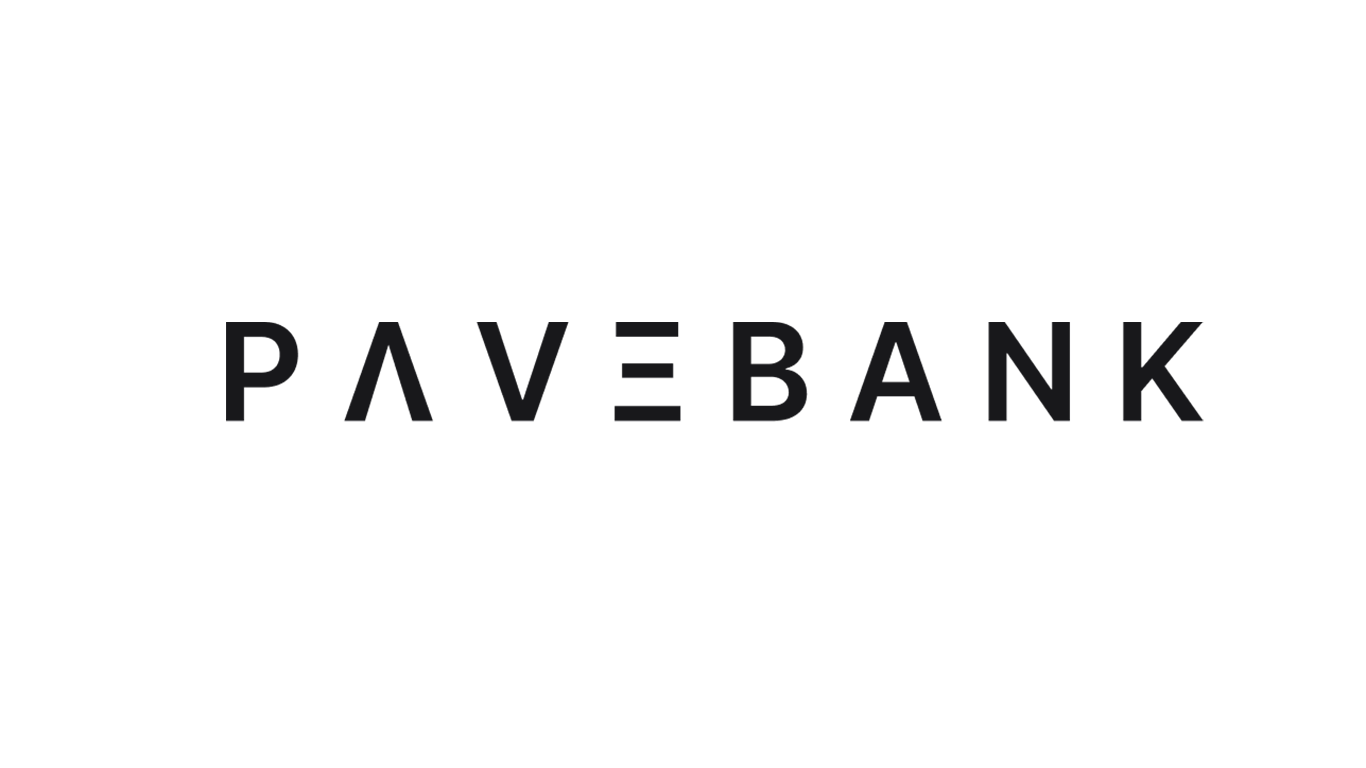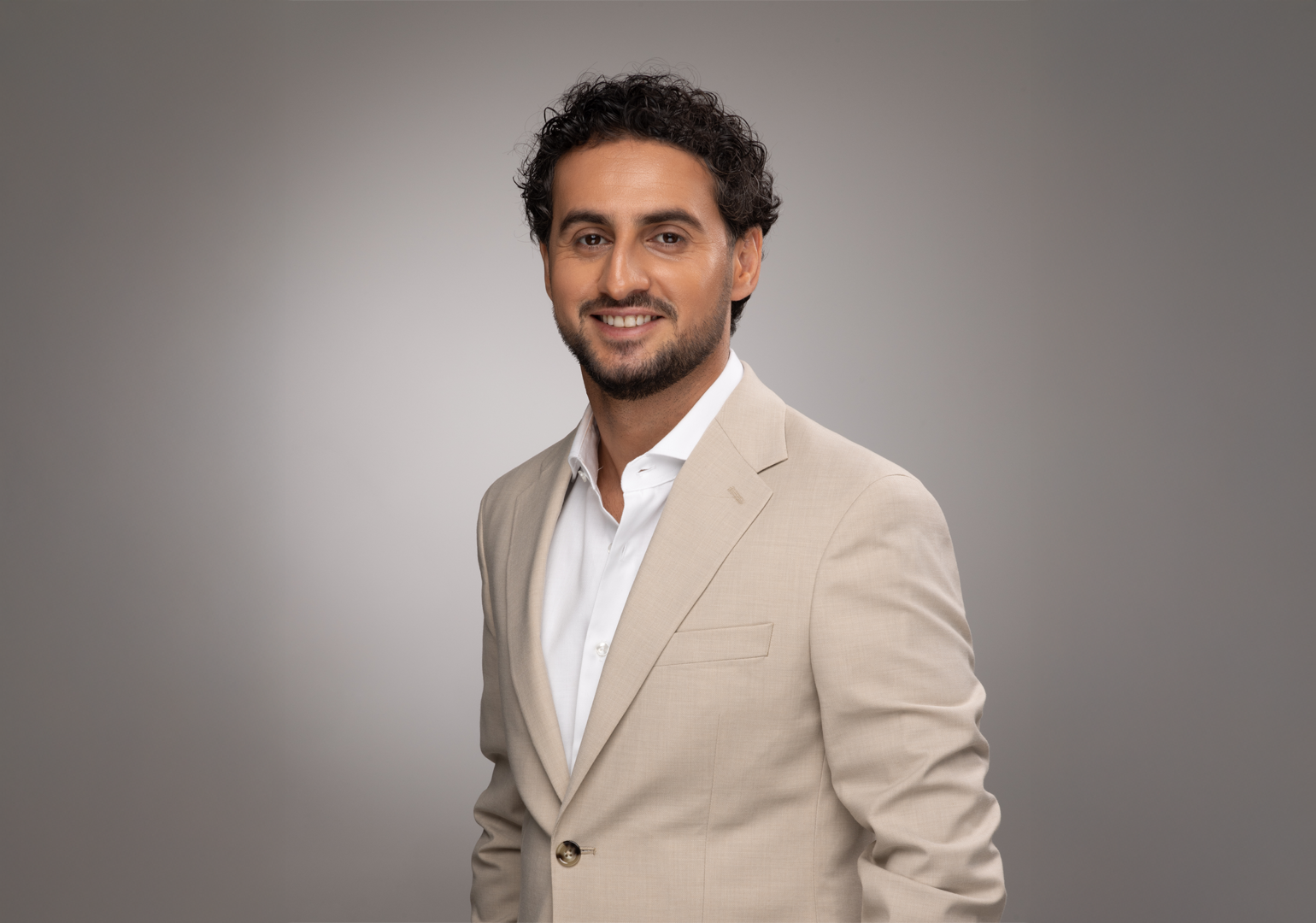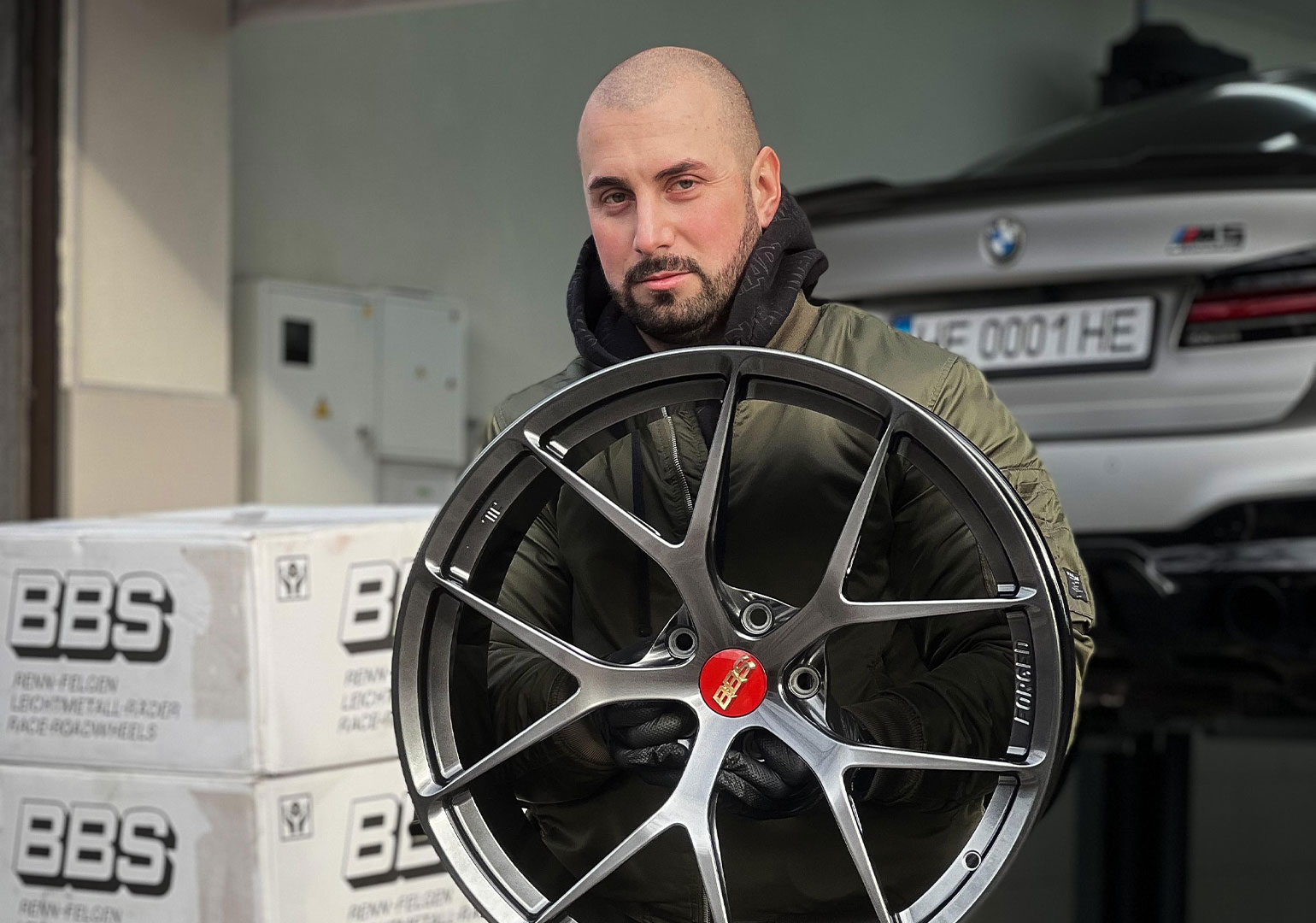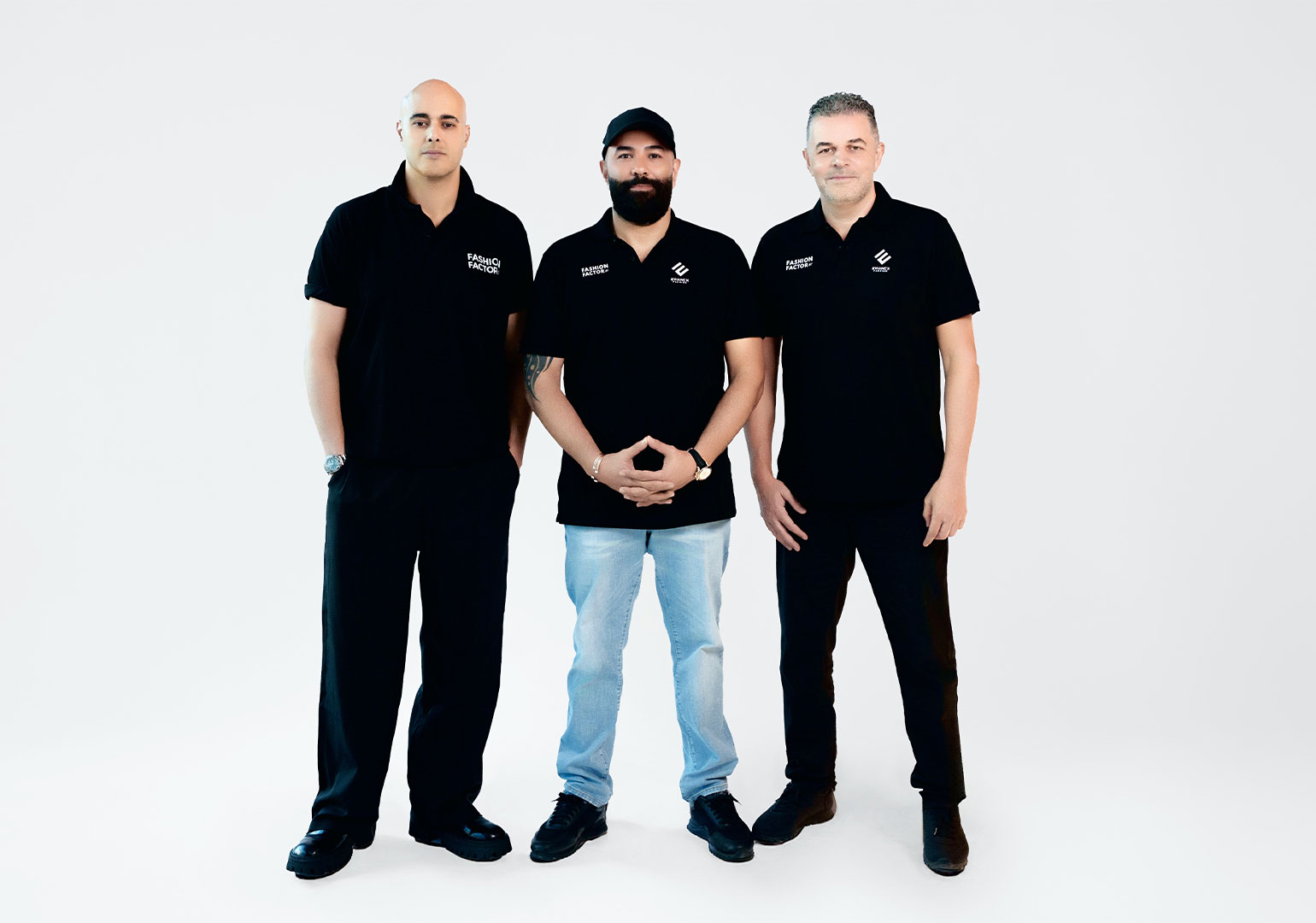On July 1, the Czech Republic took over the rotating six-month presidency of the European Union. As usual, the current presidency will entail ownership over various issues and a pertinent diplomatic role in supporting an effective European foreign policy. Czechia, along with other EU member states of the current presidential trio – France and Sweden – have agreed on several shared, long-term objectives for their 18-month rotation at the helm of the Council, an essential decision-making institution of the EU. These priorities include: protecting citizens and freedoms, promoting new growth and investment model for Europe, building a greener and more socially equitable Europe that better protects the health of Europeans and fostering a global Europe. At the same time, the joint framework provides some manoeuvring space for navigating different national interests and further provides optionality in prioritizing specific targets over others. While the previous French presidency mainly emphasized “structural initiatives” directed at the African continent and the Western Balkans, Prague’s plan is focused on issues in the EU’s Eastern Neighbourhood. The current agenda has been substantially influenced by events in the region, predominantly the ongoing Russian heinous and illegal invasion of Ukraine. The Czech government presented its 5-point policy outline on June 15. The presidency will focus on managing Ukraine’s post-war recovery and energy security, strengthening Europe’s defence capabilities and cyberspace security, and strategic resilience of the European economy and democratic institutions.
Prioritizing Ukraine and the Eastern Neighbourhood
The current presidency marks Czechia’s second time in the position since 2009. The official motto of the presidency has been dubbed ‘Europe as a task: Rethink, Rebuild, Repower.’ The priorities set by the country make it clear that the war in Ukraine will dominate the agenda for the next semester. The Czech government has been strongly supporting Ukraine on both the military and political front ever since the Russian army intruded on Ukrainian soil. Thus, Prague is set to represent a strong voice in the debate on Russian aggression within the EU. The Czech government has already made it clear that it is willing to allocate significant funding and military assistance for Ukraine under the framework of instruments and programmes offered by the EU. Czech Foreign Minister Jan Lipavský has vowed that his country will ‘support Ukraine militarily and with material aid, and we will continue to strongly back the country’s integrity.’ The Czech Republic’s job has been made somewhat easier as Ukraine was awarded EU candidate status in June. The main task will now concentrate on pushing the assistance forward. The status of the presidency will play a significant role for Prague in delivering aid to Ukraine efficiently. At the same time, Ukrainian leadership must already be steered towards embarking on the reform path demanded by the accession process. Prague, to this end, could facilitate the process by creating a roadmap to identify issues where progress is both necessary and achievable in the near future.
Furthermore, one of the main foci of the Czech presidency will be the revitalization of the Eastern Partnership initiative and supporting democratization across the region. It is noteworthy to mention that the programme was established during the Czech presidency of the EU Council in 2009. Since then the initiative has remained one of the priorities of Czech diplomacy. Prague has played an active role in attempts to resolve the crisis in Belarus. It has been actively immersed in an extraordinary summit of EU leaders and provided significant assistance to Belarusian civil society and pro-democratic opposition representatives who had to flee Lukashenka’s regime. Now, during the current presidency, one of the major priorities of the Czech presidency is supporting democratic institutions. Furthermore, the current incumbent centre-right coalition led by Prime Minister Petr Fiala is more democracy-oriented than its predecessor Andrej Babis’ ANO party. Considering these factors, there is a high probability that the Czech Republic will push democratization in the EU’s eastern neighbouring countries. This might have a strong impact on the Georgian government’s reluctance to implement democratic reforms, which will help the country eventually accrue the EU candidacy status.
A tougher stance toward Russia as a new normal?
Relations between the Czech Republic and Russia have been at the lowest point since 2021 when the two countries found themselves in a tit-for-tat diplomatic clash regarding the alleged involvement of Russian spies in the 2014 explosions at a Czech munitions depot. Now with a new pro-EU government, the Czech Republic might push for more and tougher sanctions against the Kremlin. The conversation around a possible 7th sanctions package has started looming on the horizon. In a speech to the Czech Parliament on June 15, President Volodymyr Zelensky indeed called on the EU to take such action by imposing a complete embargo on Russian energy. In the meantime, Prime Minister Fiala has already confirmed that his country would “support the hardest sanctions against Russia”. Nevertheless, it may seem strenuous for Prague to secure the essential unanimous approval within the Council of the EU to achieve the sweeping range of restrictive measures. Varied national foreign and security interests of EU member states may turn the plan into a Herculean task.
While some states, such as Germany, have not done less than other countries to support Ukraine, in the first months after Russia’s invasion of Ukraine, European unity has witnessed some challenges. The main issue of the emerging debate has been Russian gas imports. Skyrocketing energy prices and overall soaring living costs have already inflicted a heavy toll on European consumers and pushing for more sanctions can lead the Czech presidency between a rock and a hard place. If EU member state governments are to agree on a tougher stance against Moscow unanimously they would be required to take unpopular policy decisions at home and will have to compensate for any complete decoupling from Russian energy by seeking ad hoc solutions to guarantee energy supplies for the upcoming winter. These problems may confront the priorities of the Czech EU presidency throughout the second half of 2022.
Nevertheless, it is worthwhile to mention that the urgent energy security issue is projected to enhance Europe’s quest for strategic autonomy in non-military domains. Prague might ensure enough gas storage for next winter by working for voluntary joint purchases of gas so that the EU uses its political weight in a way similar to the collective purchase of vaccines. In the meantime, as the Union is starting to think about the post-war recovery of Ukraine, Prague could significantly coordinate a transatlantic reconstruction plan aimed at pragmatically specifying roles, responsibilities and funds for each partner in this endeavour. A joint initiative for the reconstruction of Ukraine would signal that transatlantic society is more united than ever, especially when it comes to recognizing Ukraine and other Eastern European countries as full-fledged members of the Western democratic world.
